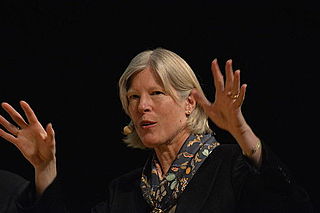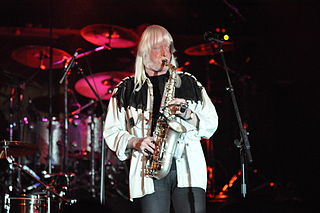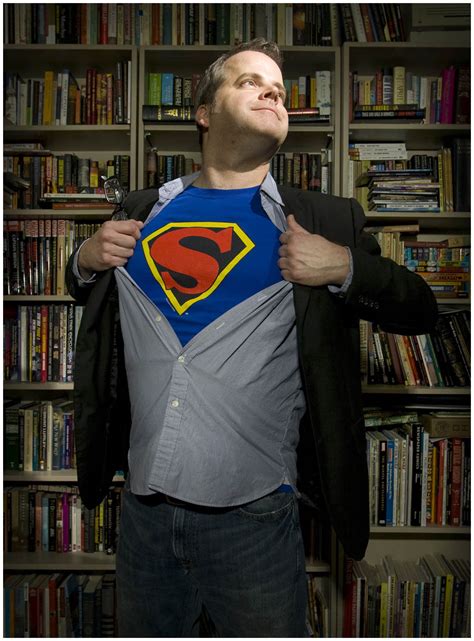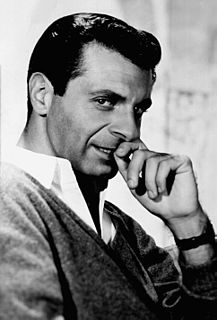A Quote by Quentin S. Crisp
On the other hand, the seventies were drab. That is, I am utterly fascinated by the fifties and sixties.
Related Quotes
Generally, older people in their fifties, sixties, and seventies are running most countries and are CEOs of corporations. Which isn't to say there aren't entrepreneurs, but if the young were better in every respect, there'd be no reason for the old. Our life span reflects our particular life strategy.
I think The Doors are one of the classic groups, and I think we're all tempted to feel like the time in which we grew up was somehow special, but I really do believe that there were two golden eras in music: The Forties and Fifties of big band, jazz and swing, and the Sixties and Seventies of rock. To me, they're really unparalleled.































